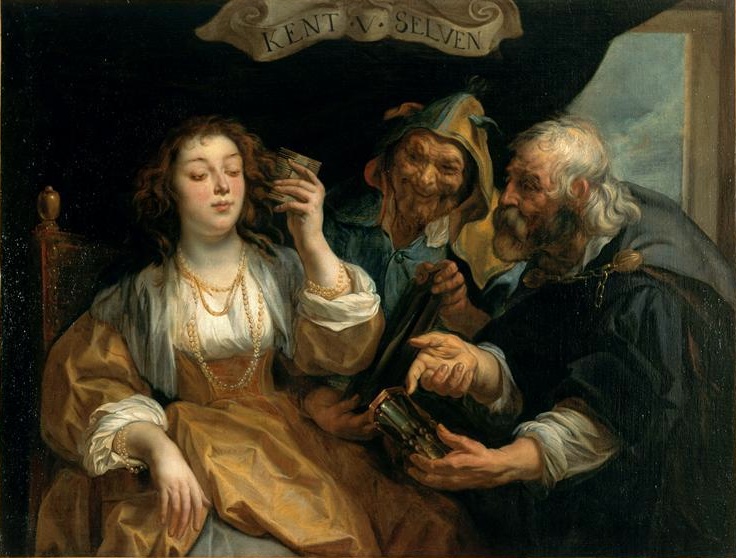
Symposium. Crisis, Gender and the Politics of Time in the Medieval and Early Modern Periods
Yearly symposium of the Centre for Medieval and Renaissance Studies, University of Southern Denmark, 5-6 November 2019 at the Convent of Noble Maidens
In the last two decades queer, gender and feminist studies have brought about a better understanding of varied temporal experiences and discourses of time in pre- and early modern societies. Far from being a disembodied concept, time is quintessentially associated with contingent social practices and narratives of gender. More specifically, the interaction between gender and temporalityis inherent tostrategies of memorialization, as well as to historiographical narratives, both medieval and modern. By using the conceptual tool of crisis, this conference looks at the broader European and Mediterranean spaces across both the medieval and early modern periods. We take the term crisis in its wider meaning and we regard it as conceptually suitable to highlighting the connections between different temporal patterns (e.g. eschatological temporalities; renewal and decadence; prophecies etc.) across a variety of social backgrounds. Contributions have a wide chronological and conceptual scope, ranging from early Christianity and Byzantium to medievalist literature, from the political import of gendered temporalities to the narratives of subjective experiences.
Venue
The symposium of the Centre for Medieval and Renaissance Studies, supported by the History Department, University of Southern Denmark and the Centre for Medieval Literature (SDU/University of York) will take place on the 5th and 6th of November 2019 in Odense, at the former Convent of Noble Maidens.
Attendance
Attendance is free, but if interested you are required to fill in a registration form due to limited availability of seats. The registration form is available here. Registration will close on the 28th of October. For further information contact Aglae Pizzone (pizzone@sdu.dk).
Program
Tuesday, November 5
| 15.00-15.15 | Aglae Pizzone (SDU), Welcome and introduction |
| 15.15-16.15 | Keynote: Diane Watt (University of Surrey),(Re)writing Women’s History at Wilton Abbey |
| 16.15-16.30 | Coffee Break |
| 16.30-17.15 | Lorenz Hindrichsen (independent researcher), “Experience, though noon auctoritee”: Conflicting Temporalities in the Wife of Bath’s Prologue from Chaucer’s Canterbury Tales |
| 17.15-18.00 | Zoë Enstone (York St John University), Morgan le Fay, Nymue and the Ravages of Time: Women Readers and Subversion in Malory’sMorte Darthur |
| 18.00-18.30 | General discussion |
| 19.30 | Speakers’ dinner |
Wednesday, November 6
| 9.00-9.30 | Morning Coffee |
| 9.30-10.30 | Keynote:Shaun Tougher (University of Cardiff), Family Crisis: Dynasty and Gender in Byzantium |
| 10.30-11.15 | Maria dell’Isola (SDU),The End that Never Came. On the Relationship between Time and Gender in Some Byzantine Hagiographical Texts |
| 11.15-12.00 | Coffee Break |
| 12.00-12.45 | Emilia Olechnowicz (The Polish Academy of Sciences), “I am Richard II”: The Elizabethan Transgression of Time and Gender |
| 12.45-14.00 | Lunch on the Convent’s premises |
| 14.00-14.45 | Kristine Johanson (University of Amsterdam) ‘I've all the world in thee’: Emotion, Time, and the Making of New Political States in Katherine Philips’ Poetry |
14.45-15.30 |
Sarah Lewis (King’s College London), Prodigal Husbands and Crises of Maturation |
| 15.30-15.45 | Coffee Break |
| 15.45-16.30 | Ana Rita Gonçalves Soares(Complutense University of Madrid), Queer Temporality. Disrupting Linear Time in Medievalist Spanish Literature |
| 16.30-17.15 | General discussion and conclusion |